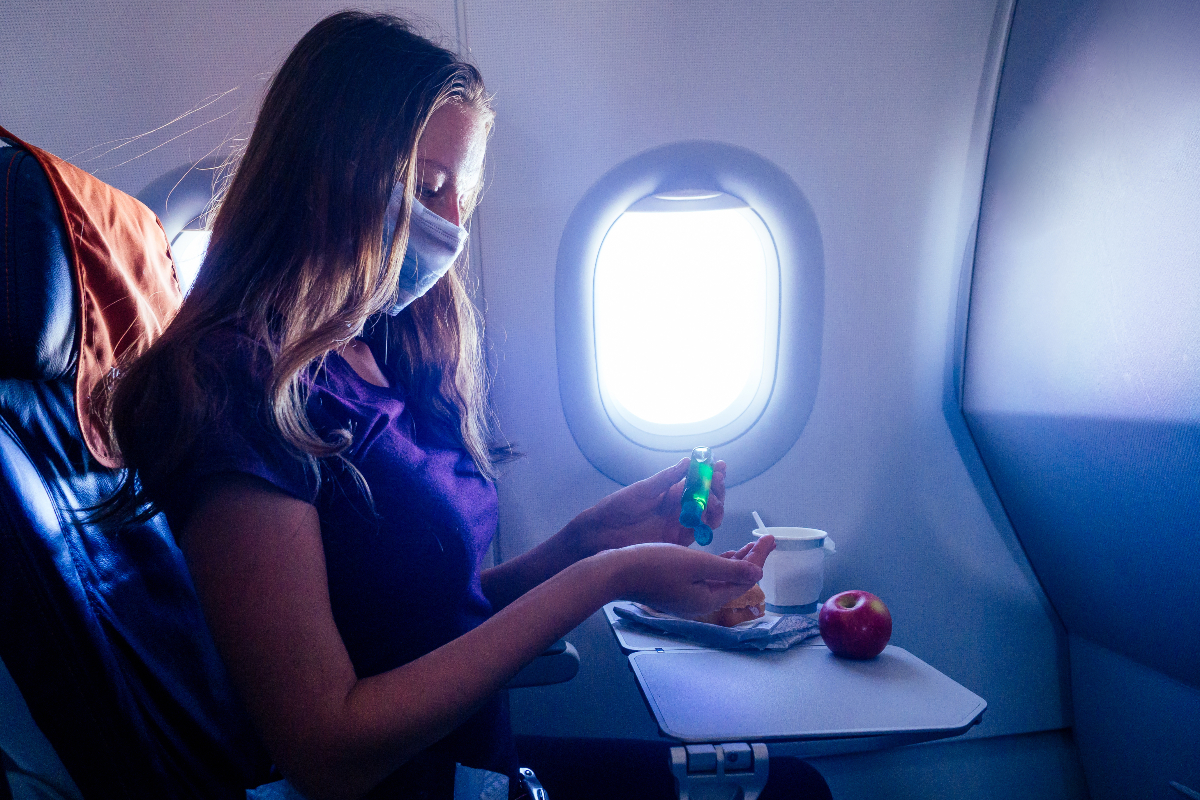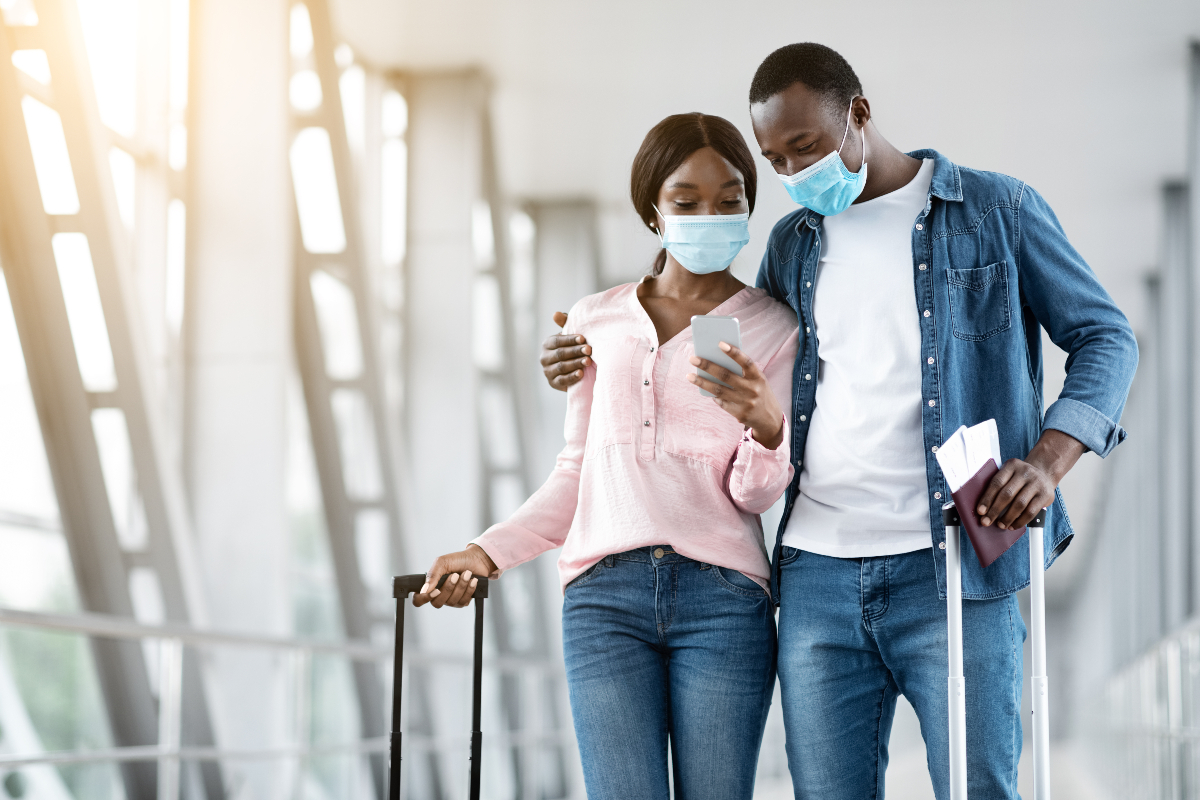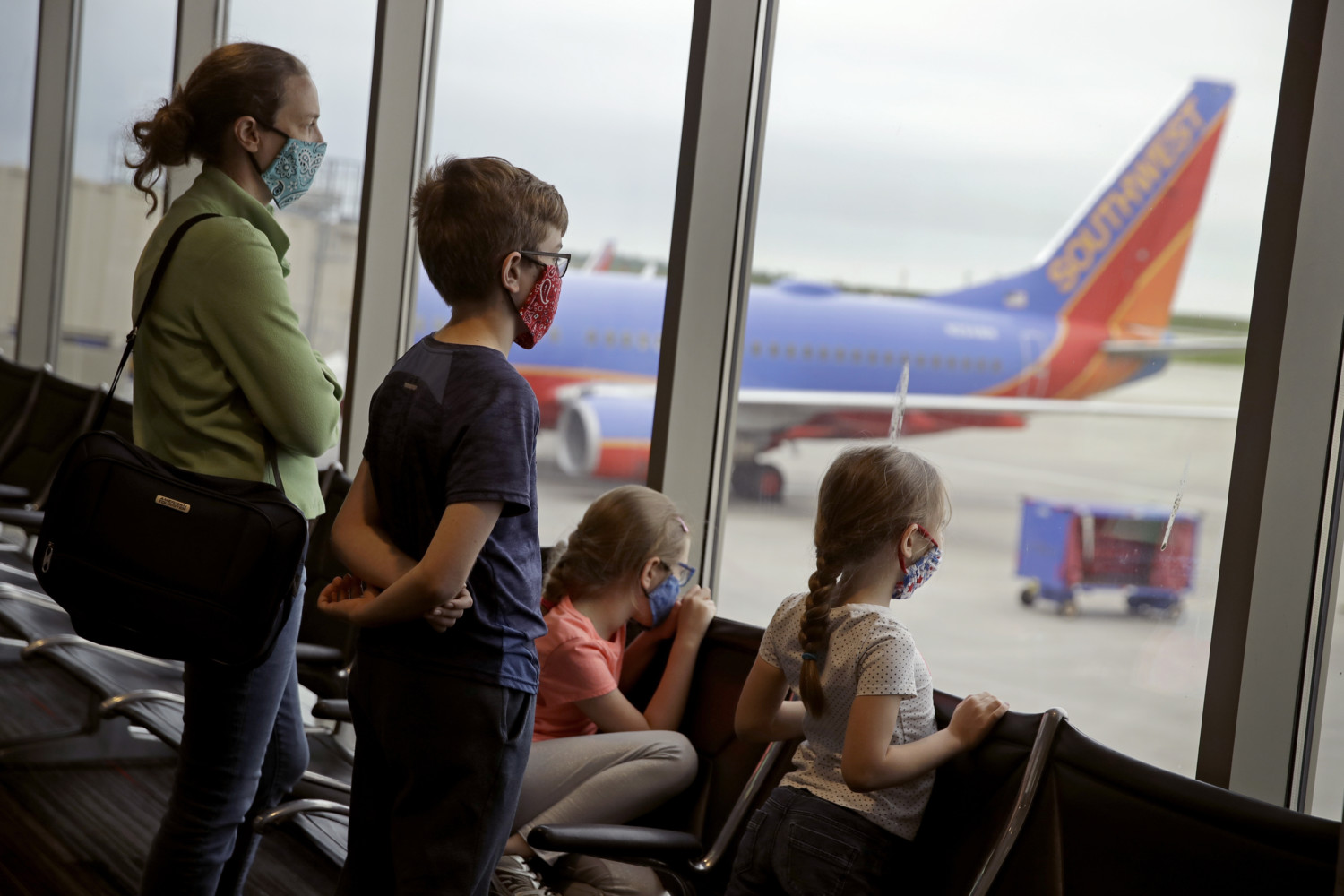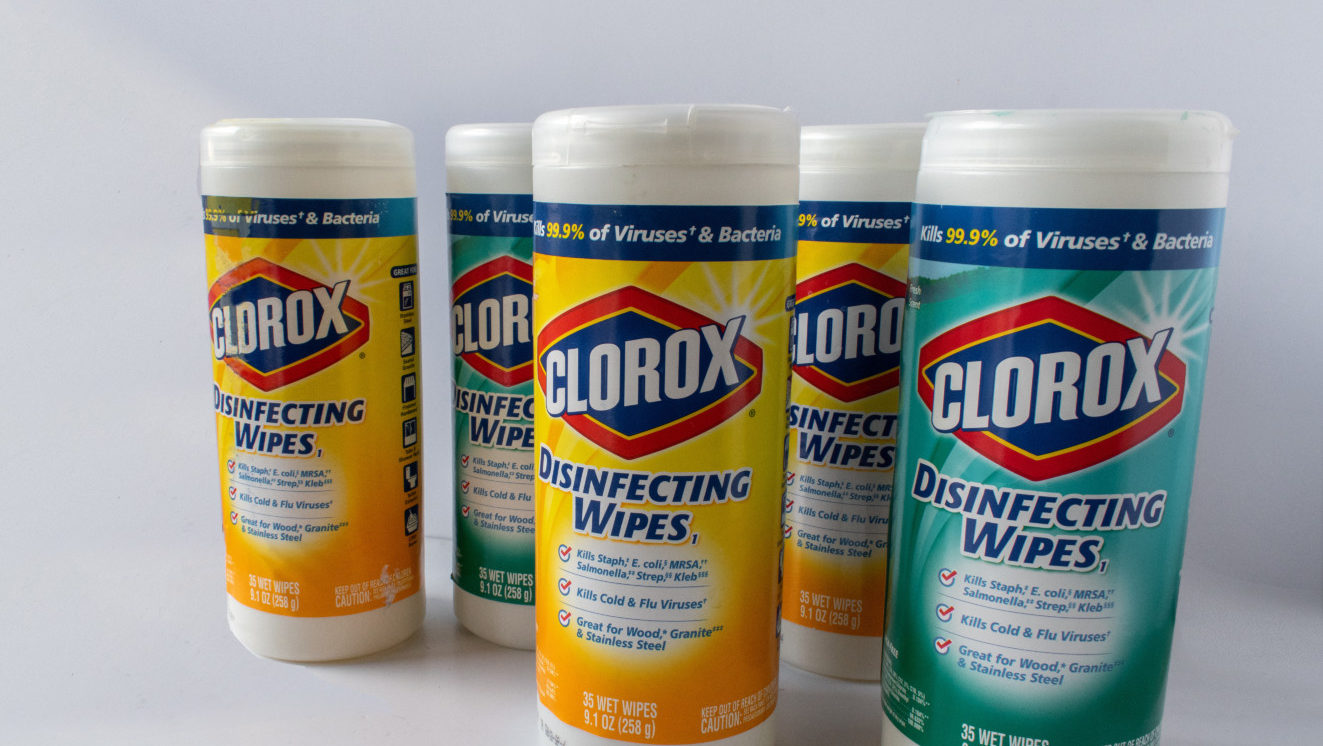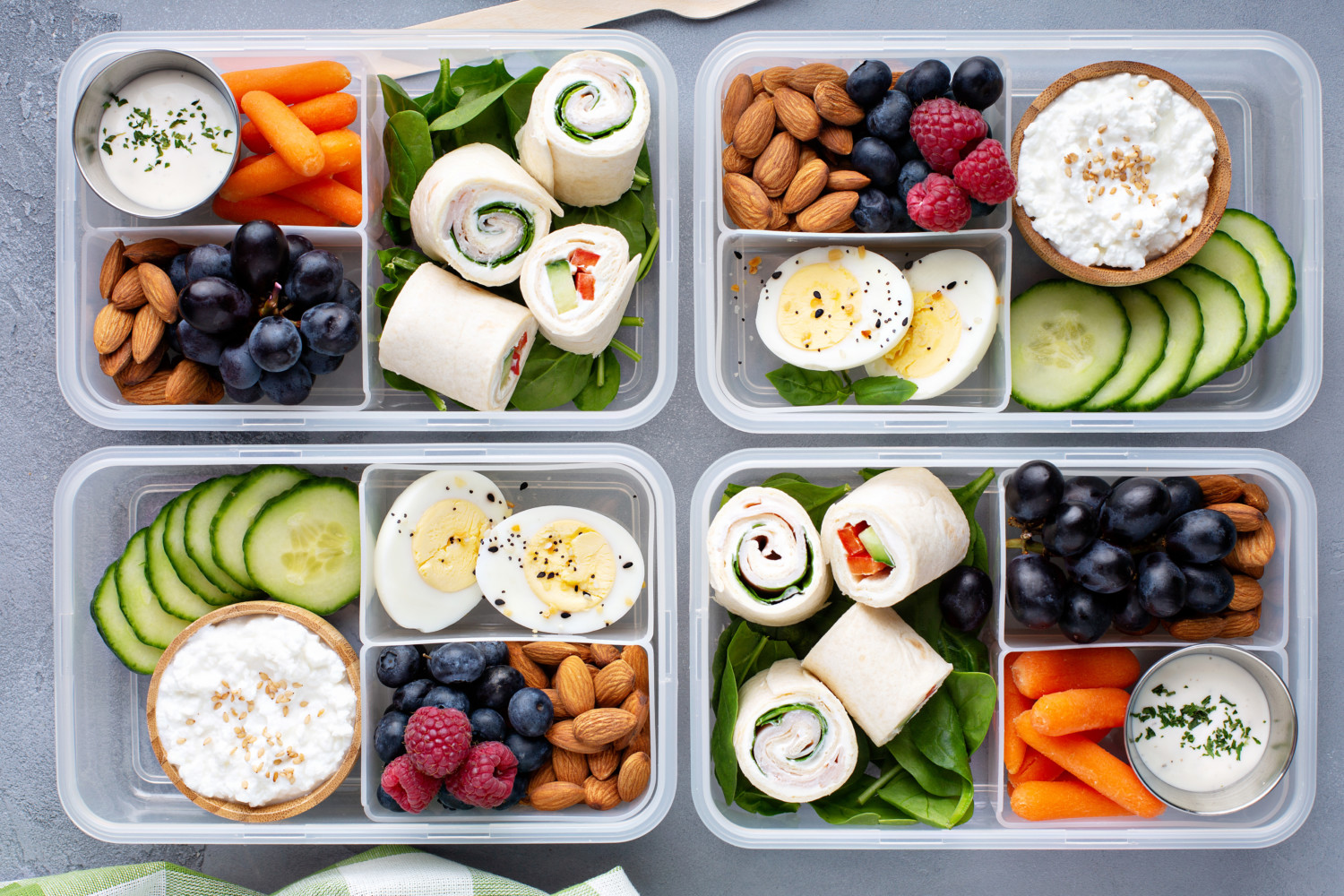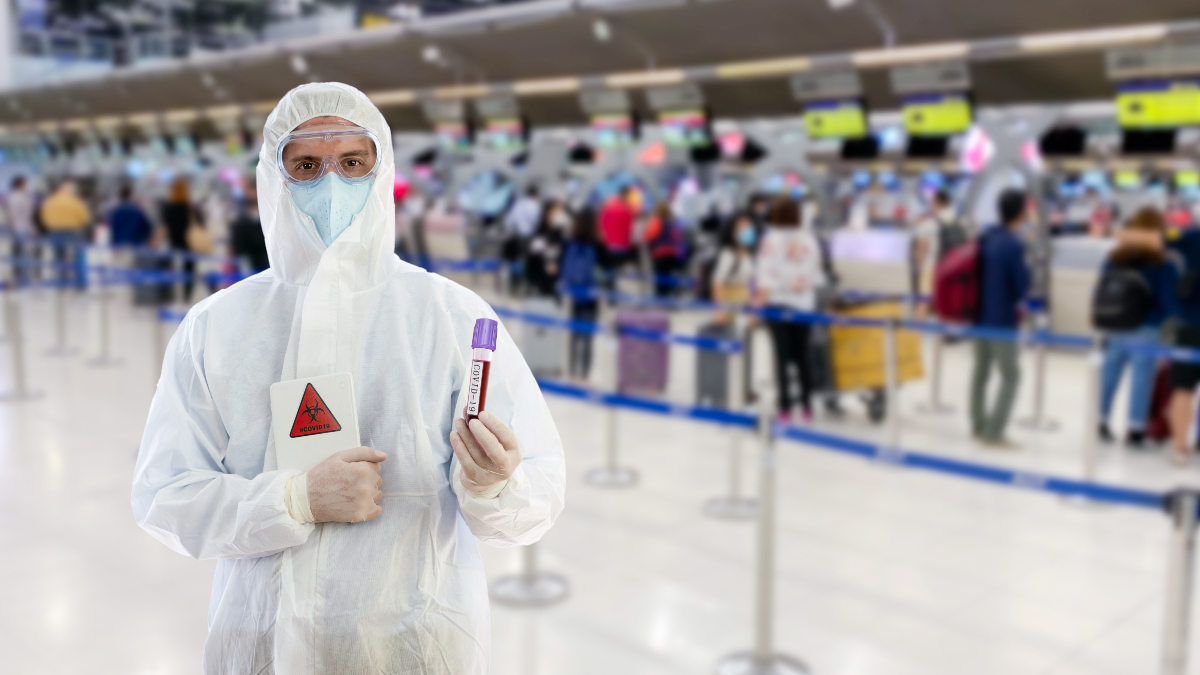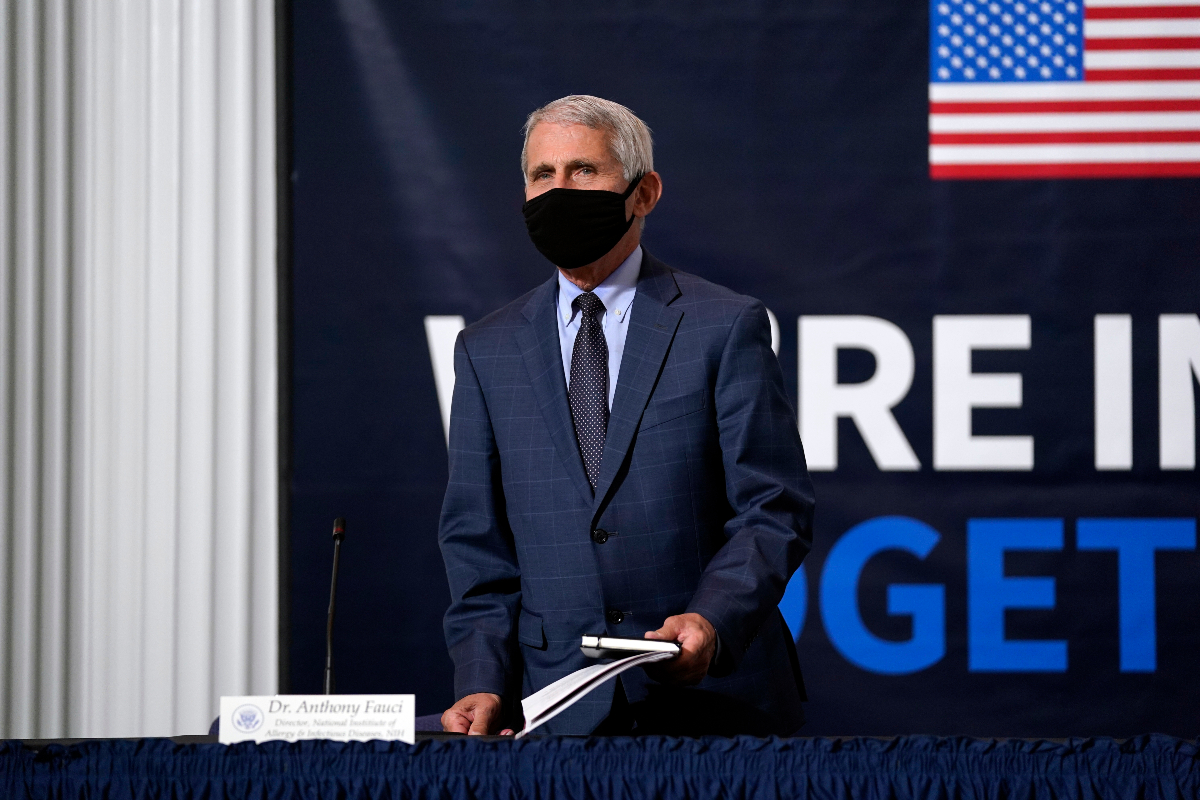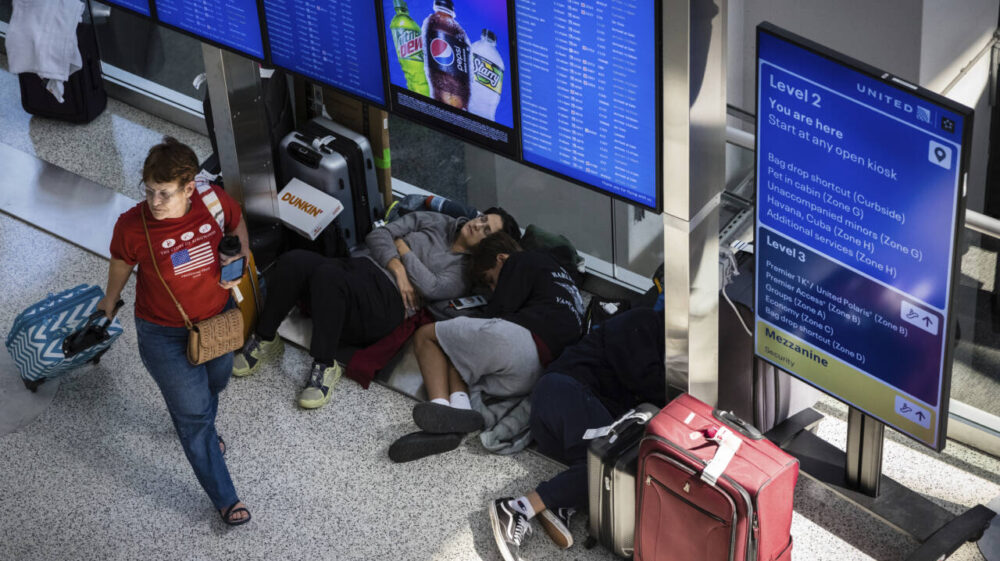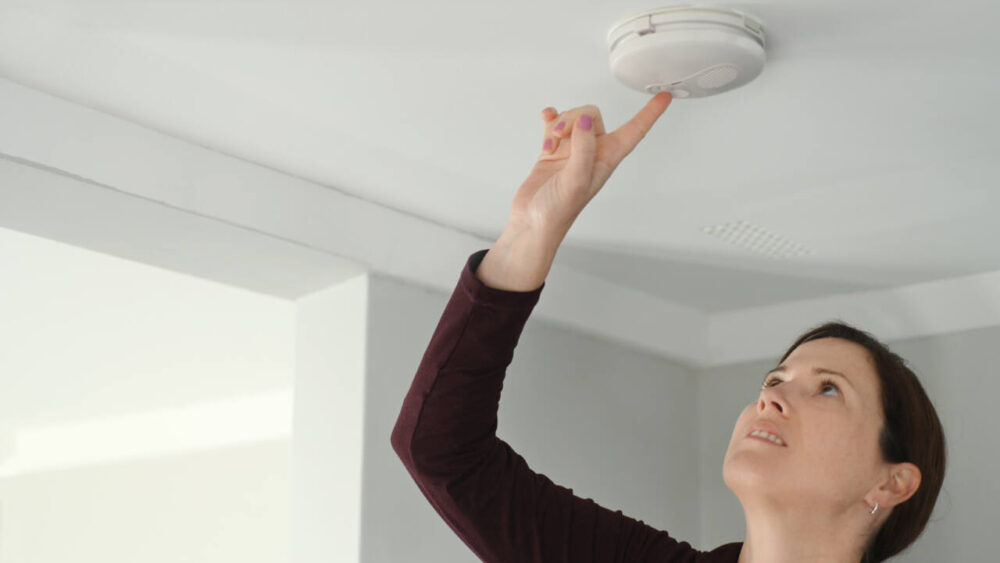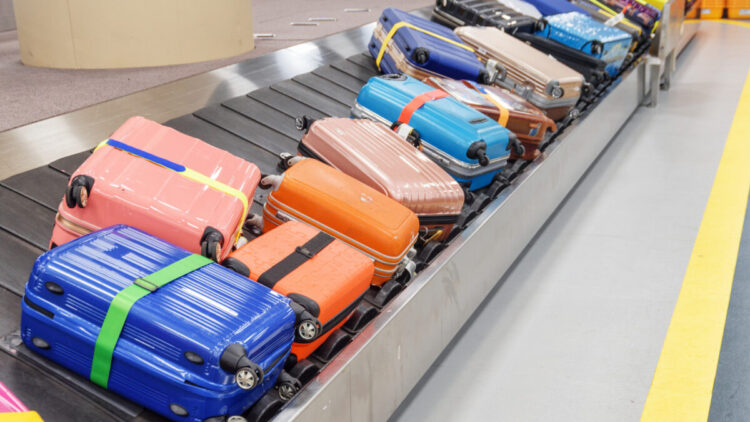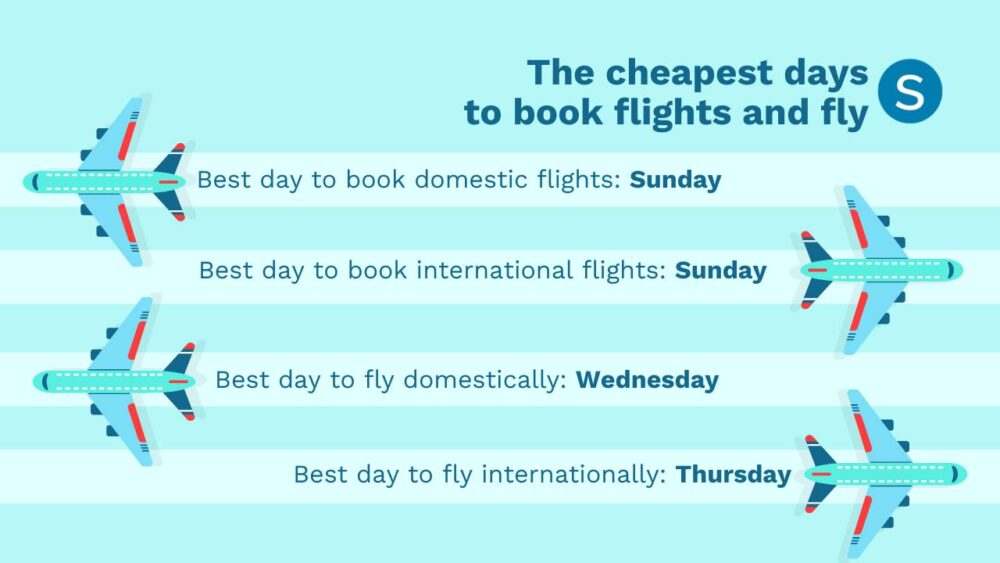How to stay safe when flying during the pandemic
Nearly half of Americans canceled their summer vacation plans as a result of the coronavirus pandemic. However, as the State Department recently lifted their “do not travel” advisory regarding international travel, and places like Disney World are re-opening their gates, some are considering flying once again.
But traveling by plane is not without risk, especially as America now has more than 5 million confirmed cases of COVID-19, and many states have seen record-breaking surges in recent weeks.
So how can you practice caution while traveling by plane during this pandemic?
Choose Destinations Wisely
First, if you aren’t visiting family, be careful when choosing your destination. If at all possible, the CDC advises that people avoid traveling to locations where COVID-19 cases have not stabilized or decreased. Popular travel destinations like Florida and California have had some of the highest numbers of coronavirus cases in the country this summer.
Before planning your trip, check your travel destination on the CDC COVID data tracker for states and other countries.
Wear A Mask And Keep Your Distance
Most airlines are requiring that you wear a face-covering at all times. Exceptions are made for little ones and people with medical conditions. If you forget your mask at home, you will likely be provided with one before you board. Remember to keep it on at all times, except when eating or drinking, and when removing it, follow these guidelines from the CDC to make sure you are taking it off properly. It might be helpful to keep a stash of disposable masks in your carry-on bag so you can simply discard used masks along your journey.
Many airlines are also blocking middle seats (or aisle seats on smaller aircraft) on their planes to help encourage social distancing, but not all airlines are following this practice. Currently, Alaska Airlines, Delta, Hawaiian Airlines, JetBlue and Southwest are among the airlines that are blocking seats to promote greater distance between passengers, so choosing flights from these carriers may help you feel safer if you fly.
Only Wear Gloves If You Can Do It Correctly
Wearing a cloth mask face covering is strongly urged by the CDC, but right now they don’t recommend glove use, as many experts fear that people will not put them on and remove them correctly. In fact, past research has shown that even trained healthcare workers improperly remove their PPE, putting them at increased risk of contamination. So, if you’re going to wear latex gloves on your flight, be sure to remove them correctly — via a method like “beaking,” which avoids touching the contaminated part of your gloves — and then to dispose of them properly rather than leave them behind for your flight attendants.
Wipe Down Your Surroundings
Don’t rely on overworked flight crews to sanitize your seat for you. Bring Lysol wipes or similar products to wipe down everything from your armrests to your tray table to your window shade. The EPA released a list of household cleaners that can be used against SARS-CoV-2, so be sure that your wipes are on the list, as not all products have been proven effective for the coronavirus.
Bring Your Own Food
It’s hard to resist the allure of duty-free shops or newspaper stands selling candy and treats near your gate, but you may be able to reduce your risk of contracting coronavirus if you bring your own food and drink from home. By packing your own snacks, you won’t need to touch packages that may have been handled by many other travelers, and you won’t have to worry about handling cash or touching credit card machines.
You should also be aware that most airlines have altered their practice of offering food and drink to travelers, with many short flights not offering any food or beverage service.
“We removed all buy-on-board products to remove touchpoints of flight attendants having to take credit cards,” United Airlines spokesperson Maddie King told The Washington Post. “We still have prepackaged wines and beer available in premium cabins.”
Hence, it’s wise to pack your own food and drink, not only to reduce the number of items you touch but also because there’s a good chance you may not get any snacks on your flight.
Ditch Your Duds
While some wary travelers have purchased hazmat suits before boarding their plane, such extreme precautions are not for everyone. However, you should remove your clothing after you reach your destination and put on a new outfit, just in case any germs decided to make the journey with you on your shirt or pants. Toss your plane clothes in a plastic bag until you’re able to launder them.
You might want to take your shoes off before coming inside, too. Scientists have found that the virus can live on your shoes, though it’s very unlikely you’d end up contracting the coronavirus from your shoes — you’d have to touch the infected part of your shoe, then touch your face, according to the Cleaveland Clinic. Coronavirus aside, research shows that the soles of your shoes can harbor bacteria like E. coli and C. difficile, so removing your shoes indoors is a good habit to get into even when you aren’t living through a pandemic.
Reconsider Travel If You’re High-Risk
Traveling is sometimes unavoidable, but for some people, hopping on an airplane right now could be extra dangerous. Dr. Anthony Fauci even says he won’t get on a plane anytime soon.
“I am in a risk category,” Dr. Fauci said at a briefing in late July, USA Today reported. “I don’t like to admit it, but I’m 79 years old.”
“I don’t fancy seeing myself getting infected, which is a risk when you’re getting on a plane, particularly with the amount of infection that’s going on right now,” he continued.
Other experts have pointed out that even though airlines have taken many precautions, you’ll still be sitting in close proximity to strangers for an extended period of time. For those who belong to vulnerable populations, like pregnant women, elderly people and those with respiratory illnesses and weakened immune systems, it might not be worth the risk.


